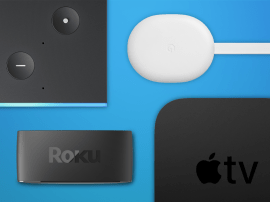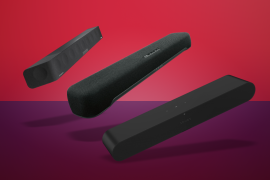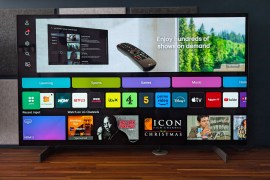Sony KD-55X9005A 4K TV review
Sony’s 4K TV is a thing of beauty and brilliance – it’s just a shame there’s nothing to watch on it
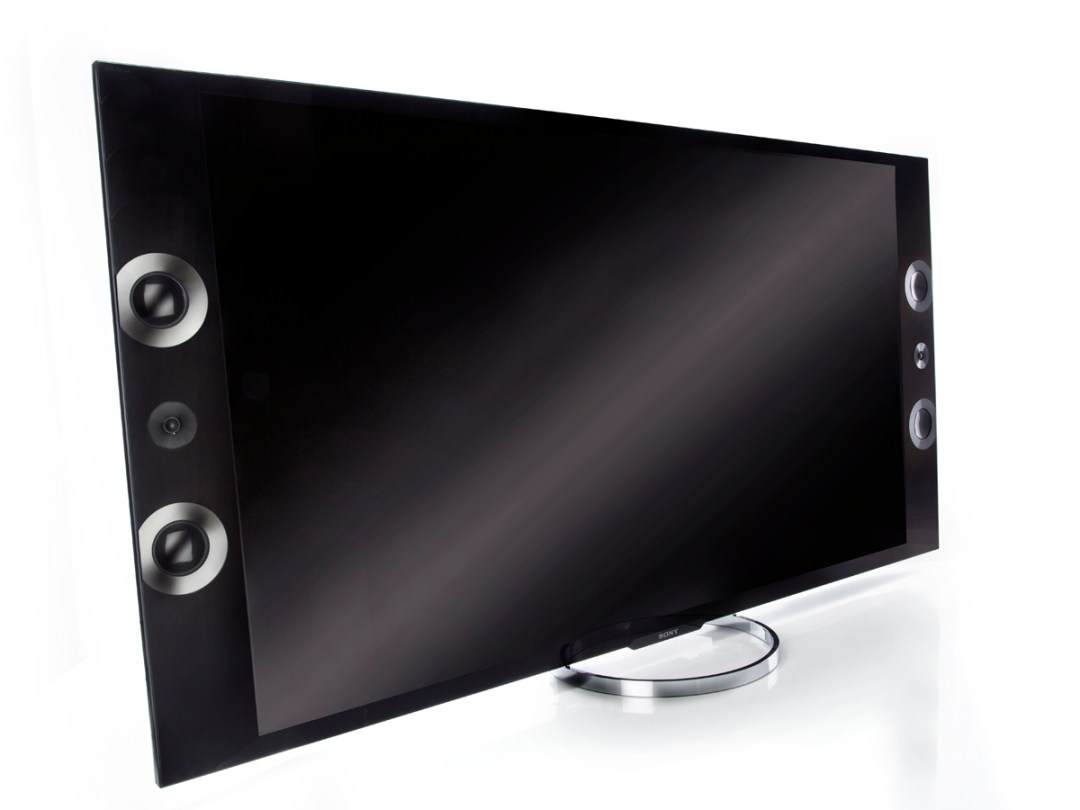
Excited about 4K? You should be, because it’s bloomin’ brilliant. With four times the total number of pixels that you’ll see on a Full HD TV it makes for exceptionally detailed and sharp images that make going back to 1080p a bit like returning to Blackpool after a holiday in Vegas.
It’s early days for the format, and despite costing £3,300 and coming in at a not-inconsiderable 55in, this Sony is as affordable and cost-effective as 4K TVs currently get.
Then again, being an early adopter has never been cheap. It’s never been smooth-sailing, either, and with 4K it’s no different.
Design – sonic wings
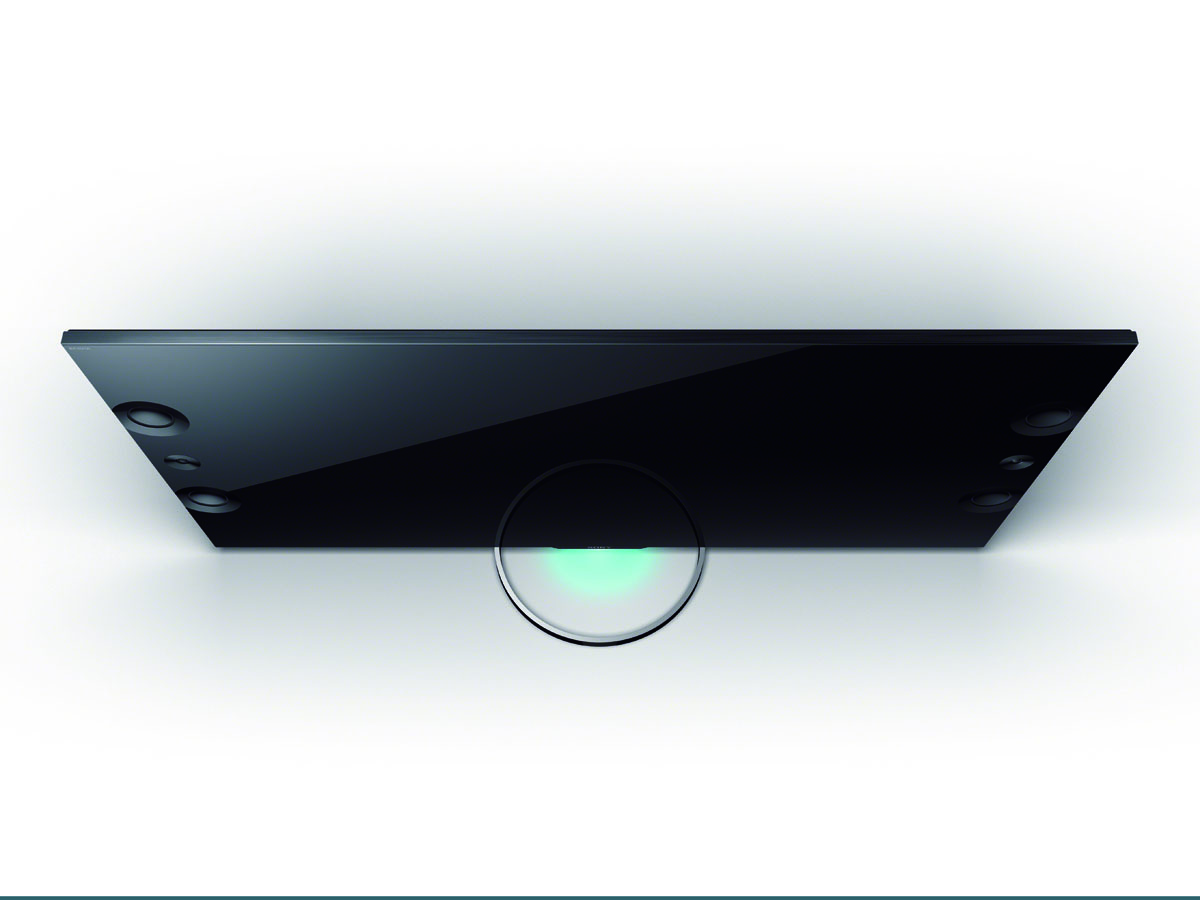
Even by the standards of 55in TVs the Sony X9 is absolutely massive – 146cm wide, in fact. There’s a reason for that substantial girth, though, and that’s because the bezels to the left and right of the display each house three drivers boasting fancy NASA-derived magnetic fluid tech. In a realm of ever-diminishing flatscreen sound quality, that’s an interesting development, and to cut a long story short, we’ve never heard a better-sounding television.
Besides, to us the Sony looks very stylish with its single-pane of glass “Sense of Quartz” design and delicate-looking, ring-shaped pedestal, highlighted by a single white light that pulses seductively. What’s for sure is that this is a TV that looks mighty expensive and unlike any other telly out there, and if we were to blow a second hand cars-worth of cash on a flatscreen, that’s exactly what we’d want.
Movies look 4King brilliant
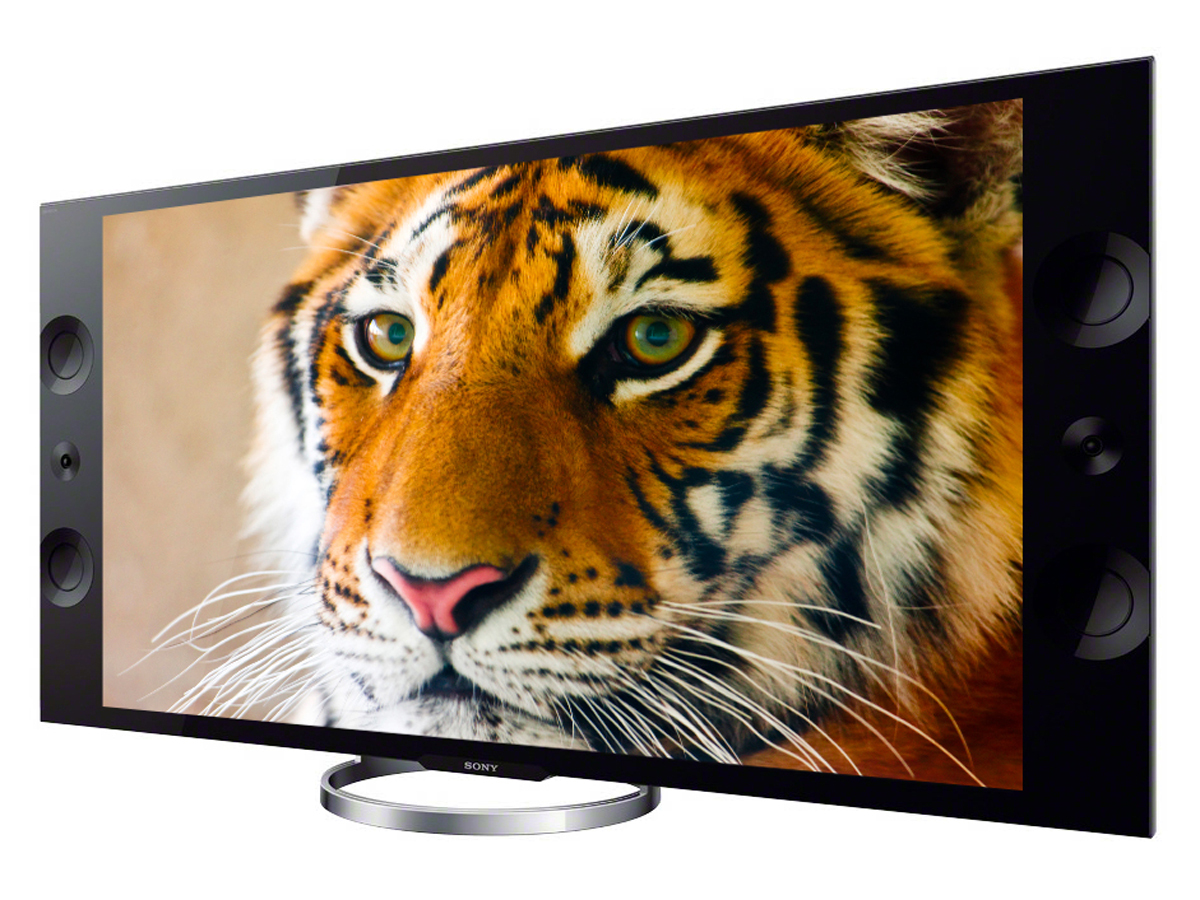
Pump it full of 4K content and the KD-55X9005A is simply awesome. Even the Smith family film After Earth is worth watching when it’s got this much detail, and the definition of edges is so crisp that it makes the image look decidedly three-dimensional. Yet another nail in the coffin of glasses 3D, there.
There’s terrific colour reproduction, too, with bright reds, blues and greens popping from the screen while also retaining their realism.
3840×2160 at 55in still makes for a pixel density that seems paltry next to the current crop of flagship smartphones, but you still have to sit uncomfortably close in order to spot visible pixels. And in fact one of the great things about 4K is that it allows you to sit much closer to your TV without compromising picture quality, making the whole experience of home movie watching far more cinematic.
So what can I watch?
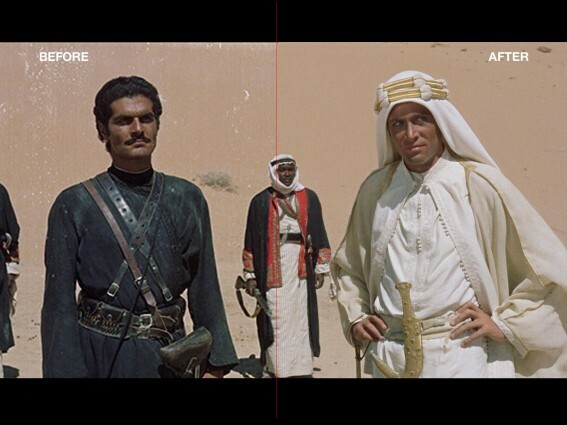
But here’s the rub: there’s no 4K content available. There have been trials in Japan and Sky even did a live broadcast of the West Ham v Stoke Premier League game on 31st August – albeit only to the company’s own head office.
In the States you can buy a Sony FMP-X1 4K media server, which comes pre-loaded with 10 films and has a 2TB hard drive upon which you’ll be able to store movies from the soon-to-launch Video Unlimited 4K service. But alas both server and service are currently unconfirmed for the UK.
Whether Blighty’s broadband infrastructure will be able to handle 4K movie files when they do arrive is another matter entirely, but don’t worry, Panasonic and Sony are launching a 4K disc format. In 2015.
You do get eight “Mastered in 4K” Blu-rays in the box with the KD-55X9005A (and KD-65X9005A), but while they’re made using a 4K scan of the original film, the resolution on the disc is still only Full HD. They look good, but they’re not 4K.
And if you thought the Xbox One and PS4 were going to usher in a fresh generation of 4K gaming, think again. While both consoles can pump out 4K video, neither has the processing power to routinely handle 4K games. We’ve been here before, of course – both Xbox 360 and PS3 are 1080p-capable, but as the sun sets on their gaming reign there are no more but a handful of titles with native Full HD support.
Where did we get our 4K content? From a server supplied by Sony. Don’t get too jealous – it’s a selection of about ten, two-minute clips of nature, landscapes and Will Smith.
What about OLED?
OLED is the other new TV tech that’s got the whole world talking lately, and finally proper-sized OLED sets are hitting shops. The key things to know now are that this first batch of OLED TVs are Full HD, rather than 4K, and that prices start at £7,000.
OLED does have a couple of big advantages (and we’re not counting the curviness, which seems far more of a styling affectation than actual performance benefit), the biggest being that each pixel emits its own light, so there’s no need for a backlight. That means that one pixel can be emitting a pure white light while the one directly next to it can be totally black, and that can make for absolutely incredible contrast.
The prospect of a 4K OLED TV is terrifically exciting, but it’s going to be a long while before such a thing becomes available to the masses. In the meantime we’ll be publishing our review of the Samsung KE55S9C very shortly.
Upscaling to the rescue
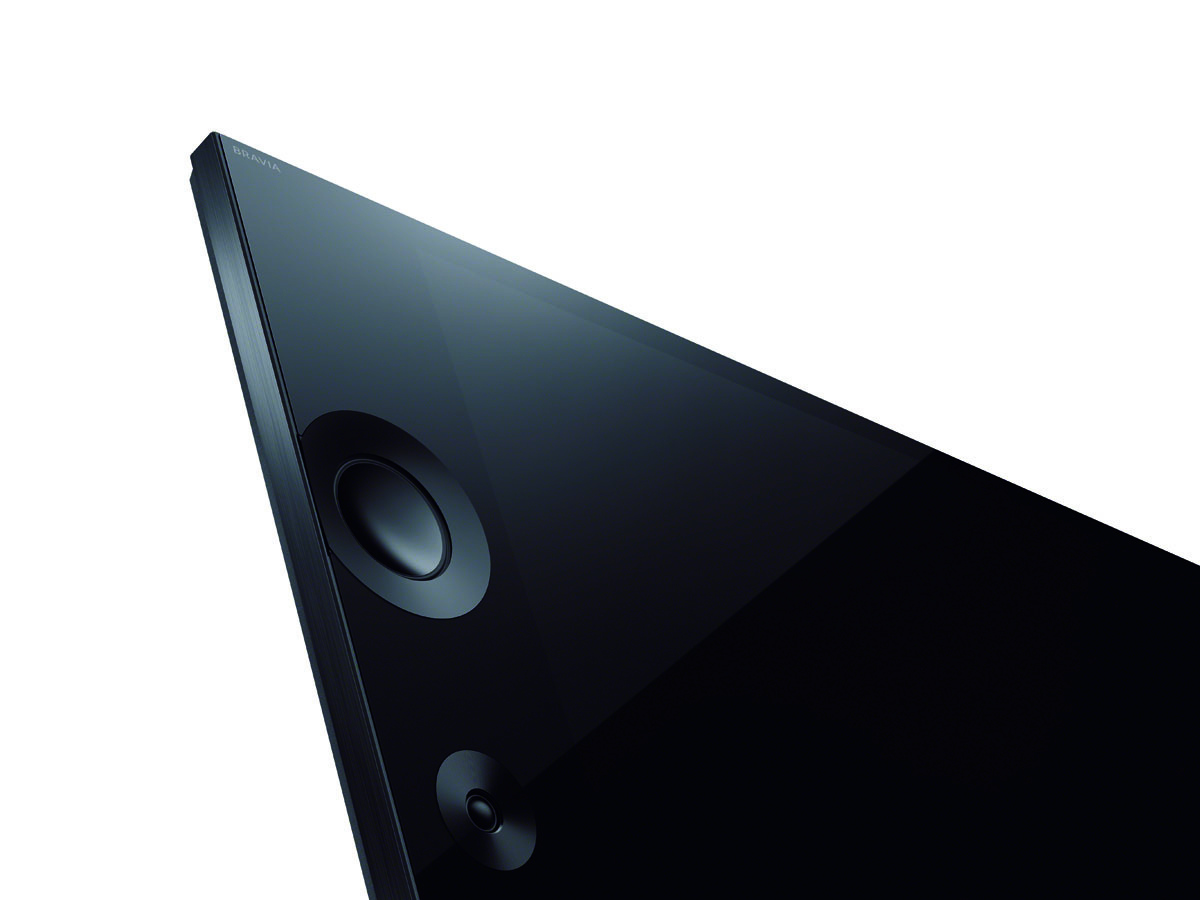
Thankfully, rather than simply stare at a blank screen until 4K finally arrives, the KD-55X9005A is able to display standard-def and HD content from its Freeview and Freesat tuners, all the usual Sony smart TV services (Netflix, Lovefilm, iPlayer, Video Unlimited, etc), and any of the existing games consoles, Blu-ray players or set-top boxes you might have.
In the same way a current Full HD telly displays a standard-def DVD, this involves upscaling the picture to fill the screen by inventing extra pixels to surround those that actually exist on the disc or broadcast.
Feed some standard-def into the Sony X9 and it’s essentially having to guess 19 of every 20 pixels on-screen, so the fact that the picture is watchable at all seems on paper to be little short of a miracle. There are a few issues, though, including a bit of picture noise and motion blur. If you still watch a lot of DVDs, they’ll actually look better on a non-4K telly.
With Blu-ray or HD games it’s far better. The TV’s still adding pixels, but far fewer of them, and the picture you get is very sharp and clean, with the usual Sony TV qualities of very natural, realistic colours and very solid motion. Response times for gaming are impressive, too, especially considering the amount of processing that’s going on behind the scenes.
One extra advantage of 4K is that it enables Full HD 3D through passive glasses. That means no batteries and a less intense, eye-straining experience. We know some people have written off 3D entirely now, but if you’re still into it the X9 does look fabulous, with great layering of 3D effects combined with next to no blurring.
Verdict
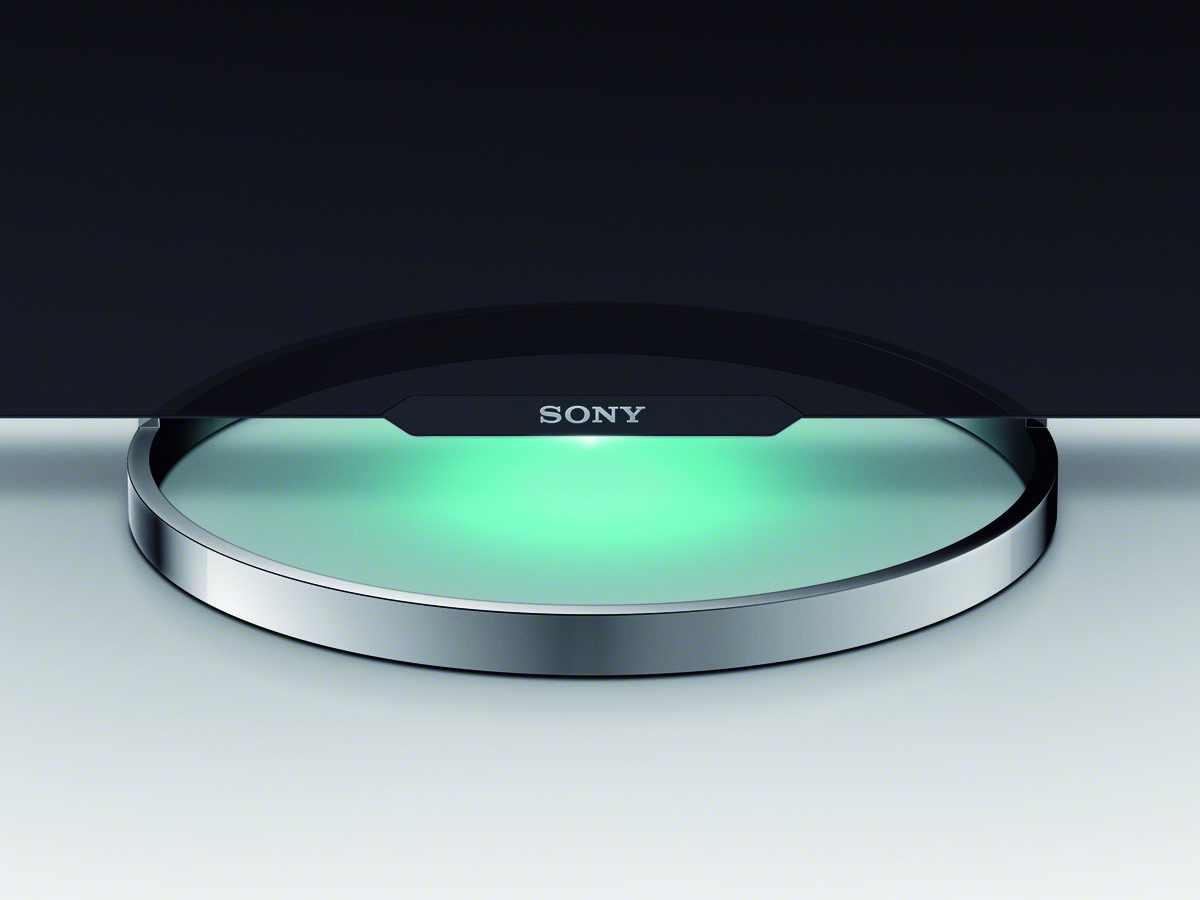
We want to love the KD-55X9005A. In fact, we do love the KD-55X9005A – it looks gorgeous, it sounds superb, and it’s capable of absolutely blowing your socks off with its picture quality.
But we probably wouldn’t buy one unless we’d just come into a whole load of money. There just isn’t enough (any) 4K content out there yet, and while Full HD video looks lovely on the X9, you can get a similar 1080p performance and more solid standard-def from a non-4K screen for around £2000 less.
If you’re still determined to go the 4K route (future-proofing, perhaps), we applaud you and your early-adopting ways, and this is absolutely the set to get. Just don’t moan to us when you’ve got nothing to watch.
Stuff Says…
The TV of the future, but there’s not enough content for it to be the TV of right now
Good Stuff
Beautiful, premium design
4K looks flipping fantastic
The best-sounding TV we’ve tested
Bad Stuff
Almost no 4K content to watch

